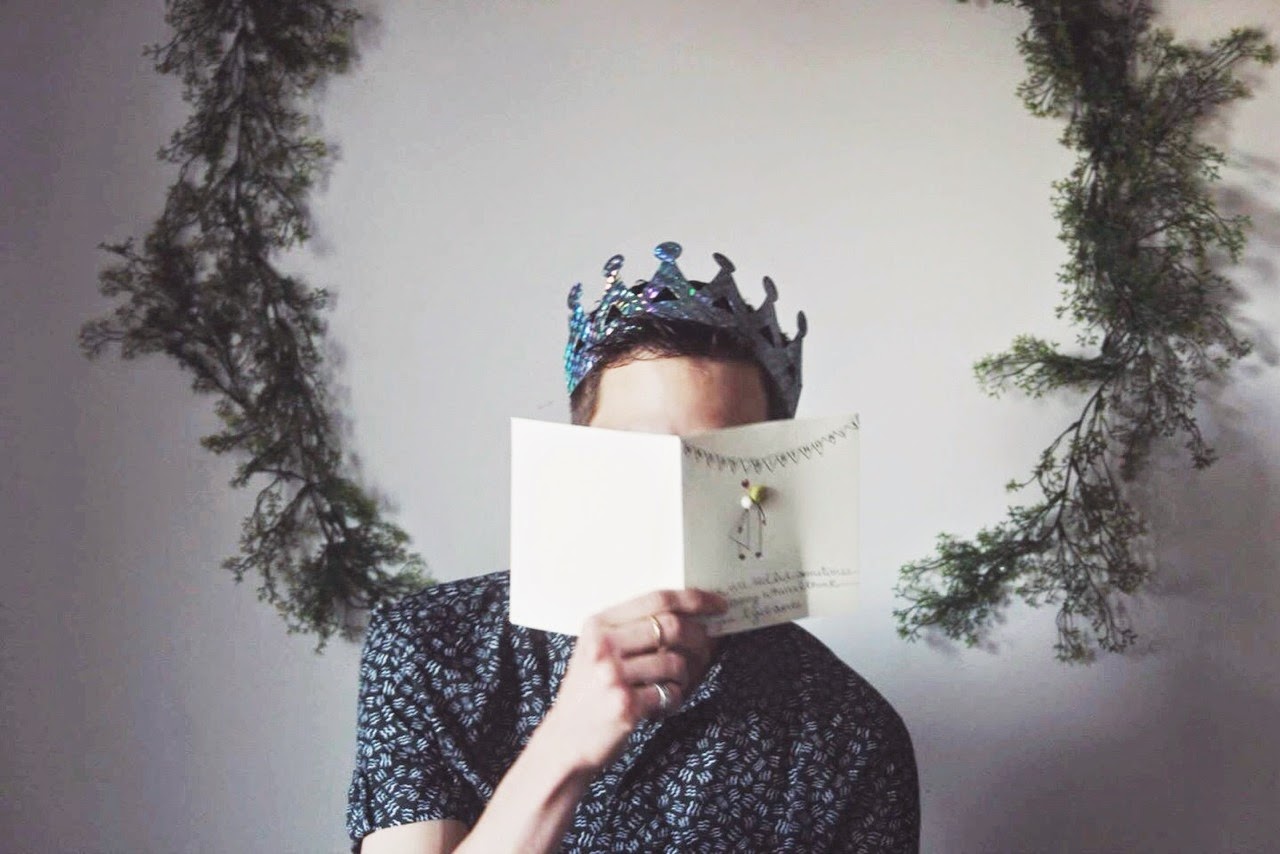Bright Star, would I were steadfast as thou art?
Bright star, would I were stedfast as thou art--
Not in lone splendour hung aloft the night
And watching, with eternal lids apart,
Like nature's patient, sleepless Eremite,
The moving waters at their priestlike task
Of pure ablution round earth's human shores,
Or gazing on the new soft-fallen mask
Of snow upon the mountains and the moors--
No--yet still stedfast, still unchangeable,
Pillow'd upon my fair love's ripening breast,
To feel for ever its soft fall and swell,
Awake for ever in a sweet unrest,
Still, still to hear her tender-taken breath,
And so live ever--or else swoon to death.
"Bright Star, would I were steadfast as thou art'", a poem written by Jhon Keats puts forth all great aspects in which all true poetry holds. Bold statement, I know...but if you need a second opinion, ask Wordsworth. Author of Lyrical Ballads, Wordsworth claims to know what aspects makes a piece of poetry valid and focuses largely on Using one's imagination to portray ordinary things in an unusual and interesting way, as well as writing about incidents and situations from comon life in order to substantiate one's work.Upon reading the work of Jhon Keats, in particular Bright Star, we see how Wordsworth's writing fundamentals are implemented in Keats' work, as he uses a combination of genuine ardour and eccentric perpective to compose his prose.

Wordworth writes: "The principle object, then, which I propose myself in these poems, was to choose incidents and situations from common life"... This is not an uncomon idea. In fact, it is popular among writers even today to believe in the saying "write what you know.". It's the safest way to demontrate sincerity I suppose. Do I believe this myself? It's hard to say...I don't believe it's meant as literal as it sounds."what you know" is obective and some of us spend most of our time "in the clouds," so to speak which can also translate into some realy great romantisized versions of what we know. If you've researched the life of Keats, or even watched the movie Bright Star, you know Keats had his share of troubles, and yet his writing paints portraits of beauty and remaind steadfast in its dream-like essence, despite the truth of heart-ache and struggle. Keats manages to remain sincere in literature rather than portray something feigned; for instance Keats writes:
"No--still steadfast, still unchangeable,
Pillow'd upon my fair love's ripening breast,
To feel for ever its soft swell and fall."
These lines represent his desire to spend eternity with the one he loves (Fanny, as we can tell from the way he adresses her in letters as "star","fair star" or "bright star"). Quite true to his comon life, Keats held a deep longing for Fanny Brawne; however, he was unsucceffsul as a writer during his lifetime, and therefore was quite poor and not fit to mary. In his writing Keats manages to create a haven of sorts for the two of them to exist in the same place together...a place in which thier love is rightful and they could always be together. Still, he continues to remind us of his reality: "in lone splendour, hung aloft the night" is implied as a state he finds himself in typically...creating the perfect balance between romanticism and reality.
Wordsworth writes in "Lyrical Ballads": "Throw over them a certain colouring of imagination, whereby ordinary things should be presented to the mind in an unusual way."
Keats has a unique and romantic vocabulary, making his work imediately recognizable. His writing tends to lead the mind to wander, and view pertinent topic's through varied and even unconventional perspectives. Even in "Bright Star" he writes:
"The moving waters at thier priestlike task,
Of pure ablution round earth's human shores,
Or gazing on the new soft fallen mask
of snow upon the mountains and the moores--"
In reading these lines, we feel as though we are peering down at earth from above; giving us perhaps, a star's view. Keats uses these decriptions of the earth's particular cycles to demonstrate his desire for an unchanging love that will repeat for all of time. He leaves us with an extraordinary picture to quite an ordinary human desire.
Wordsworth's critisism and specific criteria for poetry are perhaps not so relevent in today's widely divers society, nevertheless, his ideas are still valid and do give at least some direction to good writing; and though Keats wrote about a very different time than our own, his prose and themes remain timeless.
“I almost wish we were butterflies and liv’d but
three summer days - three such days with you I could fill with more
delight than fifty common years could ever contain.”

















































